May 26, 2020
By Meg Floryan, Head of Marketing + PR
The Class of 2020 faces a daunting uphill battle. In the wake of COVID-19, an economic crash, and mass unemployment, seniors graduating this month are entering a uniquely challenging—even unwelcoming—job market. Career hopes might seem like they're on ice while the world waits for clues on how long the fallout will last.
"We can't even imagine what they're going through," many say gravely, heads shaking.
But some of us can . . . at least a little bit.
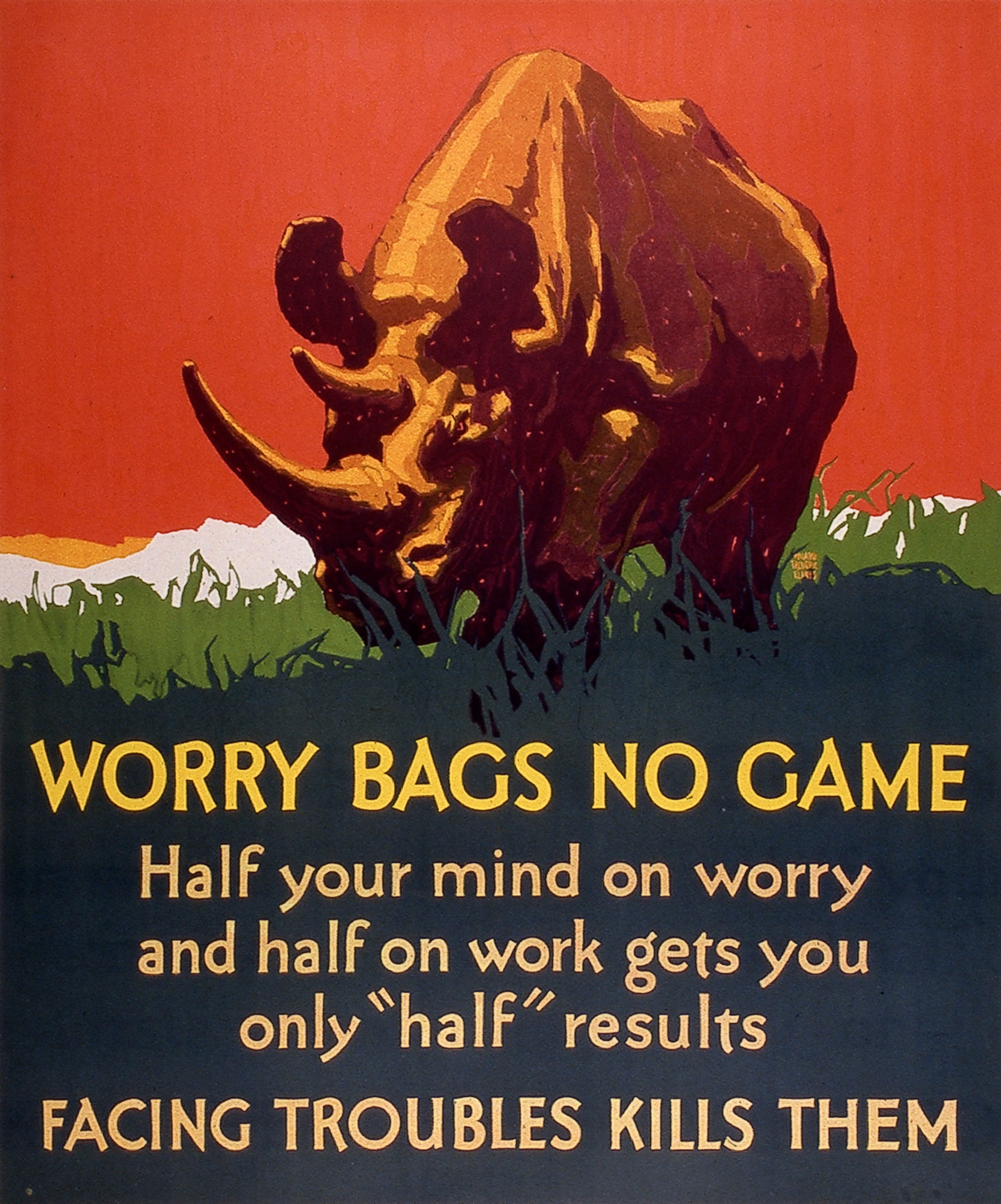
In 2008, young adults across the nation exited college with plummeting prospects and extraordinary debt. The financial crisis had wreaked havoc across all industries, right at the moment many fresh-faced graduates needed to launch their professional lives. Businesses closed, budgets were slashed; barely anybody was hiring inexperienced, straight-out-of-school candidates, and competition for the few opportunities that did exist was ruthless.
As a 22-year-old with sights on the art world, I recall being increasingly unnerved by the lack of jobs but thankful to be moving directly from undergrad into a Master's program. Surely the situation would be better after a year, I figured, when my classes wrapped; instead, it took almost 2 before I was hired for my first full-time, non-arts position, and 3 before I landed the job I really wanted—entry-level, part-time, pittance-paying, but at a museum.
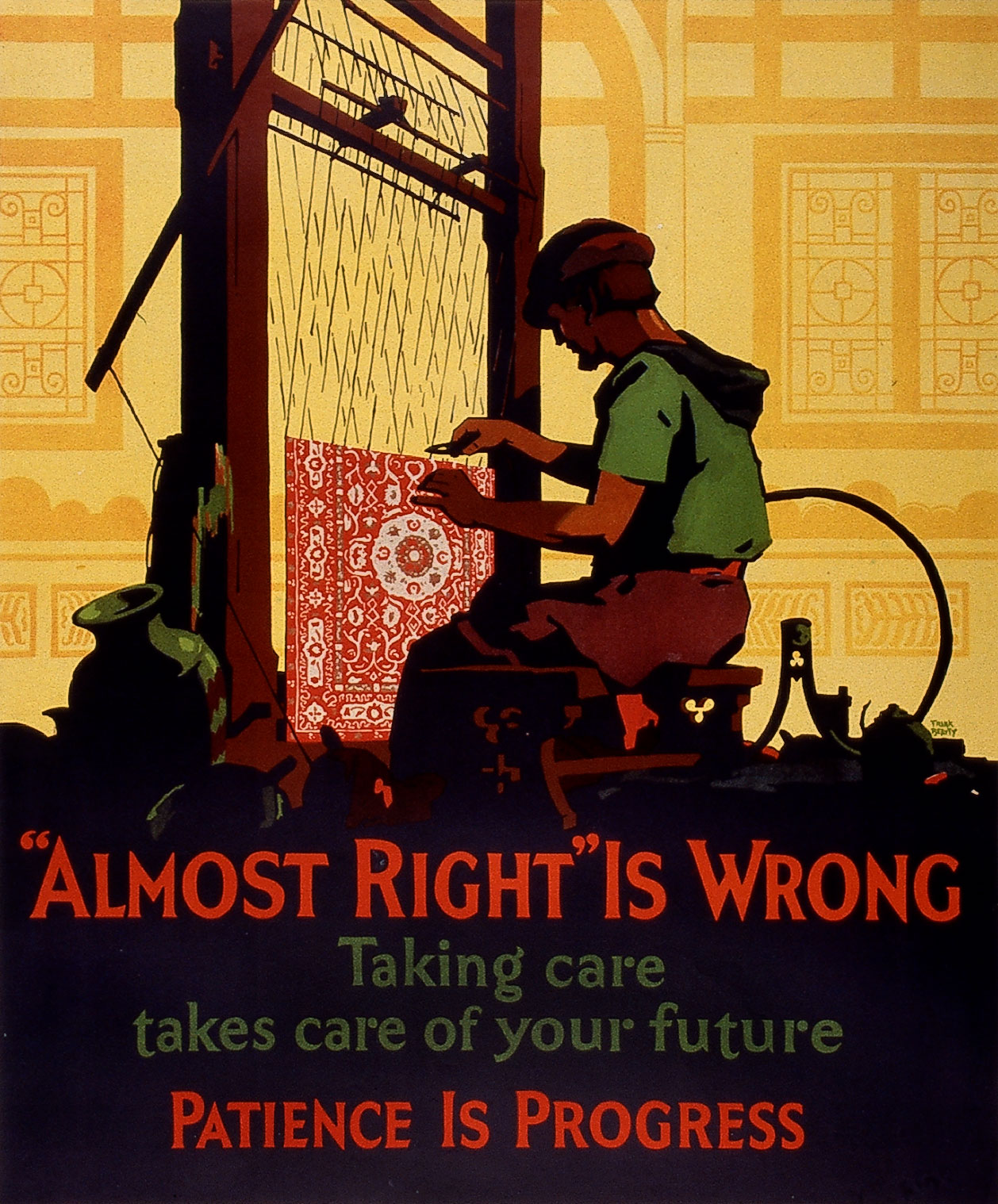
So, all of this to say: Class of 2020, the Class of 2008 feels your pain.
Twelve years ago, the circumstances were very different—people weren't dying by the thousands in a global pandemic—but like now, seemingly overnight the job market painted a very grim picture for starry-eyed new alums. For many of us Millennials, the aftershocks of entering the workforce after a collapse are felt to this day in our bank accounts and 401ks. And it will be even harder for Gen Z.
I remember vividly how it felt; the anxiety, the panic. My "temporary" period of unemployment and living with my parents stretched on for 6 months, 12, then 18 as I wrote articles for free, volunteered, interned, and applied, applied, applied. While my own path into the art world (a notoriously insular and privileged ecosystem) was frustrating, messy, and winding, I was lucky enough to have good support and the ability to take my time. Many, many others did not enjoy those luxuries, however, and it became sickeningly common to hear about friends or acquaintances who were forced to abandon their original life plans out of necessity.
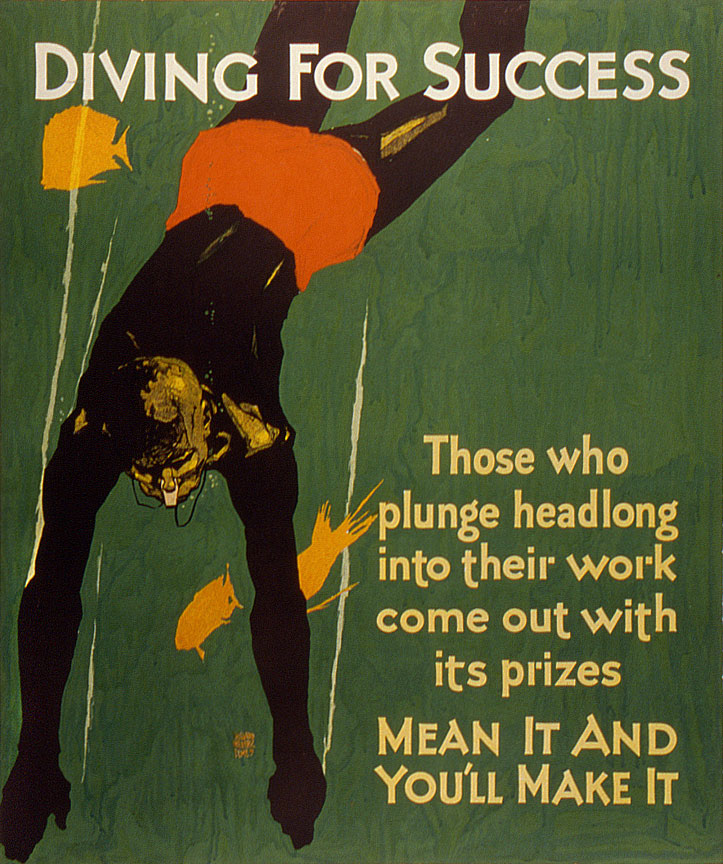
But I can't picture a group better equipped to confront what's ahead than Gen Z, perhaps our most ambitious, tenacious, and resourceful generation yet. As interns, Gen Z students have been our colleagues here at The Wolfsonian for a while, and we're impressed on a daily basis with their work, their spunk, and their grace under pressure. "How do they juggle all those side projects?" we constantly wonder. "How did they finish that task so fast?" "How did they think of that idea?" If you ever want to a creative solution to a troublesome work problem, just ask a Gen Z-er. Eager to learn, doggedly entrepreneurial, and always down to work hard to get where they need to go, they adapt quickly while the rest of us struggle to change. I had some pain points in adjusting to remote work; my intern took it on with aplomb.
You've got grit, Gen Z, though now you might be in for the test of a lifetime. It looks more and more like we're heading into years-long ramifications that will make '08's recession pale in comparison, which means that very soon, if not already, you'll have to bring your A-game. The work incentive posters sprinkled throughout this post—all from the Wolfsonian collection—were displayed around offices and factories in the 1920s and '30s to increase productivity and inspire workers. They're obvious corporate propaganda, yet the brightly colored, commanding messaging is a call to action to stay focused and clear-eyed in times of pressure. You'll need such motivation now.
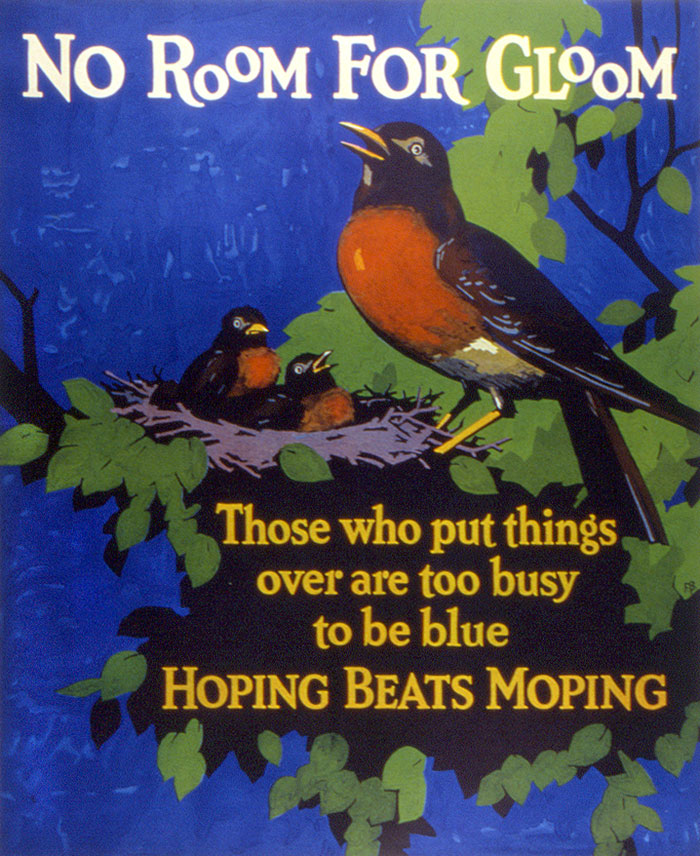
Finding a job may not be possible or even priority 1 for a while. But when you're ready, here are some tips for the road learned when the future felt similarly hopeless:
Be strategic. Use your energy wisely—15 well-crafted applications are better than sending 100 resumes and cover letters unsolicited. Always address your pitch to your prospective supervisor and never submit without tailoring it to fit the needs/tone/mission of the organization.
Be nimble. Holding out for the dream job might not work forever. Pay the bills however you can, and know that you can always get back onto your intended track; it just might take longer than you hoped.
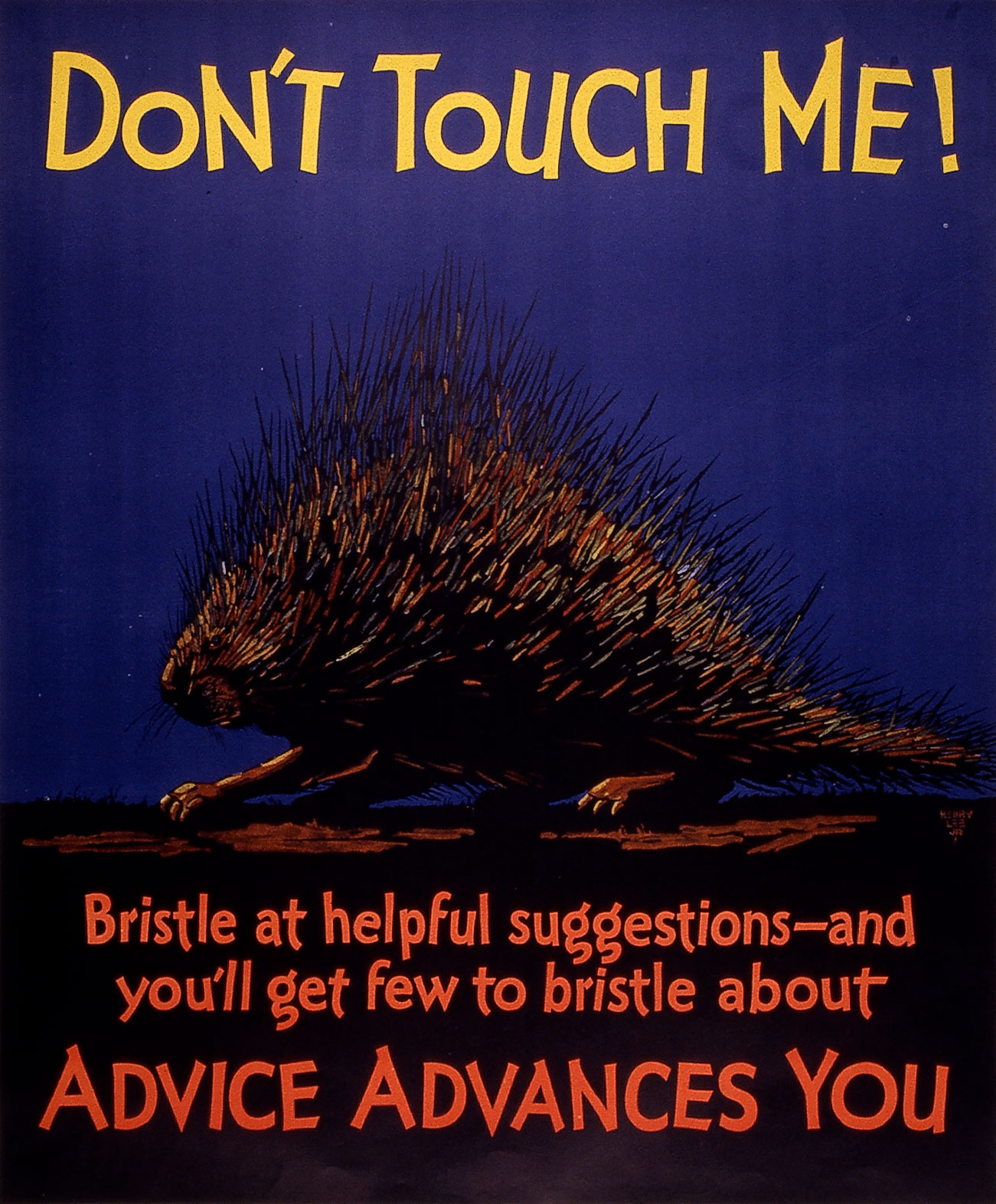
Be social. Slide into industry insiders' DMs (professionally, of course), mingle at events, and talk to everyone and anyone willing to give you the time, whenever you have the chance—and I mean whenever. On vacation? Visiting a friend in another city? Book 3 informational interviews in the area beforehand. People love to talk about themselves, and if you hand-write thank you notes and drop occasional follow-up emails to check in, you'll be surprised by how fast you build a network of advocates poised to hook you up when opportunities arise.
Be your own publicist. It's not about what your experience is, exactly, but how you frame it. Any and all work lends itself to developing valuable "soft skills," so don't be afraid to spin your resume to best make your case. As a classroom assistant, for example, perhaps you exhibited strong audience management and leadership, or maybe your waitressing gig honed your communication and customer service. Along with relevant coursework and a well-argued cover letter, this less-directly-related work experience could still get you an interview in your target field.
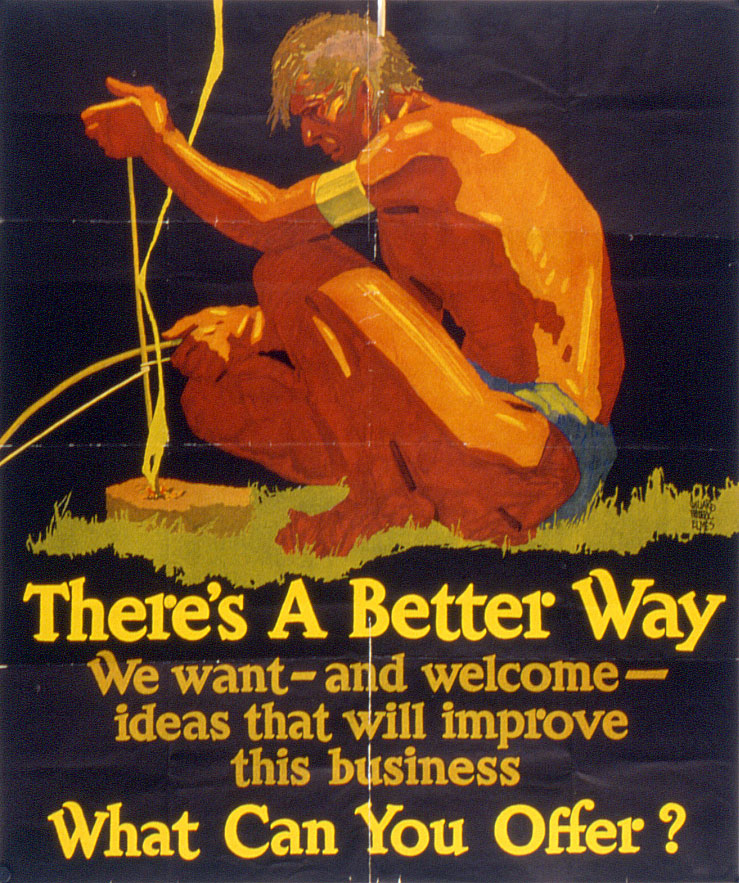
Be prolific. Even if you can't afford to accept unpaid work, you can still apply your hobbies or free time toward your employment campaign. Start a podcast, write for blogs or magazines, develop a video game, self-publish a book, become active on social media—the things that make you happy can also make you stand out. A portfolio of creative activity will impress potential employers even if you don't have traditional experience or their desired qualifications.
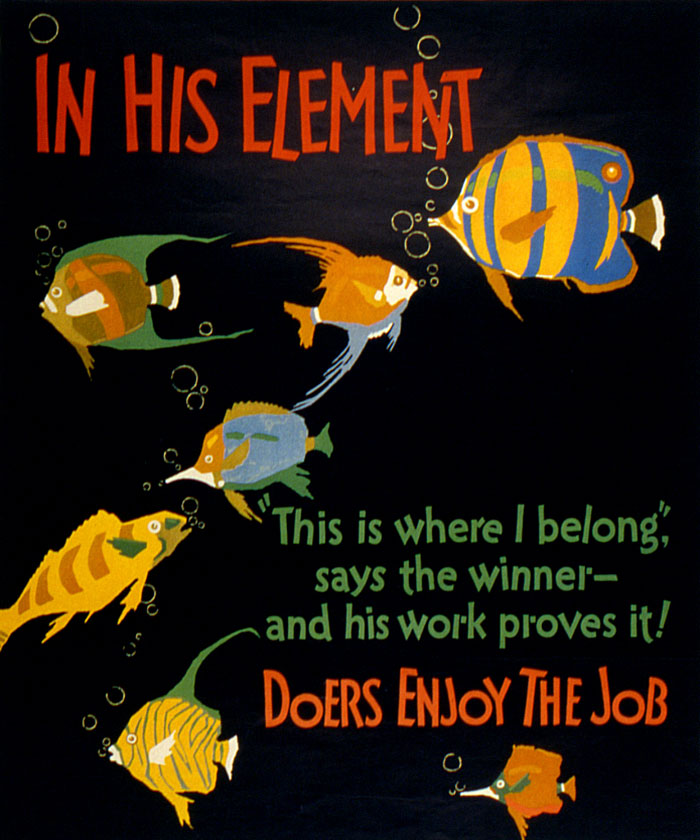
Be informed. I can't stress this enough: do your homework. Before walking into any interview, know the company inside and out, be familiar with every corner of their website, and know precisely how your talking points align with the job description. Imagine the trickiest questions they could ask you and prepare your responses in advance.
Be a risk-taker. Sometimes your gut gives you better advice than your elders. Following your instincts could lead to some hard but valuable lessons, or they just might pay off in major ways.
It's a lot to take in, and the world is giving you a lot to handle. One day at a time, one obstacle at a time, and you'll get through.
To quote Dory: Just keeping swimming, just keep swimming.
